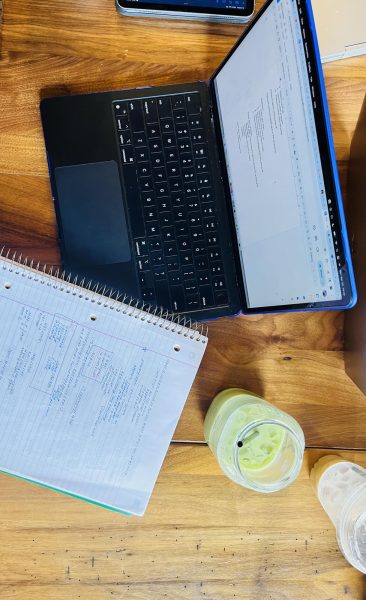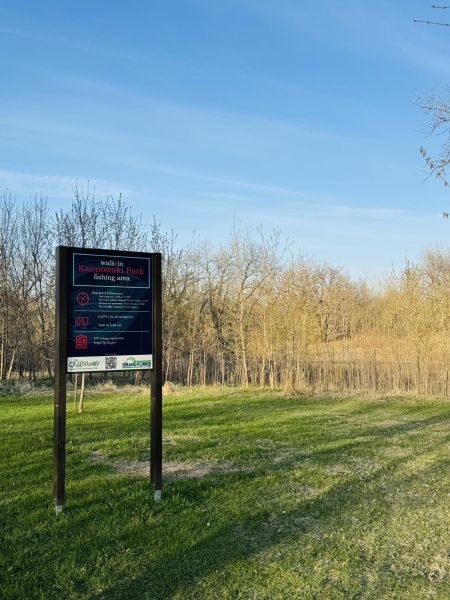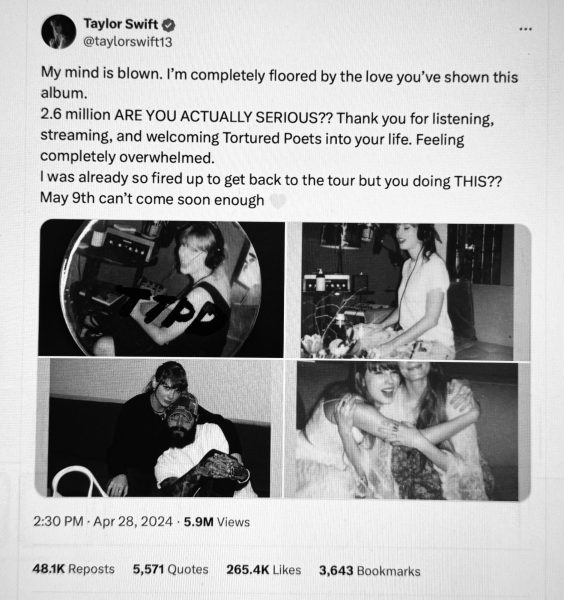What we can learn from Ferguson
I have been looking forward to my Thanksgiving break since the second day of school.
Since moving to Grand Forks, I have spent this interlude in the Cities, guzzling Bloody Marys and enjoying the feeling that a sense of absolute security brings. This feeling is, I recognize, one I’m extraordinarily fortunate to have.
I am fortunate for a number of other reasons. I live in a country where I am not attacked for attending school. Generally, my ideas and capabilities are valued, my family is well and whole and we are all relatively comfortable.
As students — young adults with a predilection for microwaveable socks and Netflix — we exist in a very insular monitored habitat, incubated in a warm and moist environment until we are ready to hatch, chirping, into adulthood. We are in school, a place where, in other parts of the world, an education is a weapon of war and viewed as a threat to be exterminated. As such, we are singularly privileged, and as a general rule, we are also very busy.
The protests in Ferguson, Mo. over the holiday weekend are arresting, but not altogether remarkable for us at UND. Here, we’re cold, launching ourselves into the final couple weeks of school, and likely not as socially conscious as we could be as a result.
The social exchange that has passed in Ferguson is one that leaves some despondent, others angry, some terrified, and others confident that a few correct decisions were made. What distinguishes the currents of emotional energy in this instance is a sense of social relevancy — meaning, some feelings, some realities, are valued more than others. This is certainly troubling, likely dangerous, and, if you are a person of color in this country, also potentially fatal.
This is difficult for me to engage with critically, because my fear is far removed from the variables that drive this particular character of social movement. How I feel about Ferguson — about Mike Brown, about the anger that has manifested itself in a manner that is, as a general rule, democratically healthy — is not heavy or confident in this context. That I can have any feeling other than abject terror is a sign of my healthy, cleansed privilege that was awarded to me at birth by simple virtue of my outward hue.
But engagement is necessary, because anything less than a genuine reexamination of our social perch, what we find comfortable and secure, how we are valued by others and why that is so, is a disservice to other people. Our lived realities, our aggregate existence, are not static conclusions. They are not conventions that, with a few spates of ethnic cleansing and maybe for the sake of uniformity a genocide or two, can be settled. Without lumps or kinks. Without dissonance and messiness.
So, as students, as young adults with a burgeoning social consciousness and an ability to think independently, we must assume some manner or degree of social and emotional responsibility. The ability to genuinely empathize with another individual and recognizing the limitations of that ability are endeavors that will not make our lives easier — sometimes, this makes them fundamentally difficult. Doing so, however, ensures that the emotional and even physical pain of others is not arbitrary or inconsequential. It means something. It isn’t lonely.
To that effect: Aspire to possess and cultivate an emotionally generous spirit. Don’t remain unaffected by others’ fear and frustration. Don’t refuse an emotional challenge pursuant to arbitrary ideological limitations. Don’t be lazy.
Maggie O’Leary is the multimedia editor for The Dakota Student. She can be reached at [email protected].












